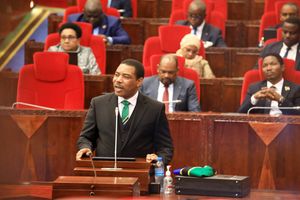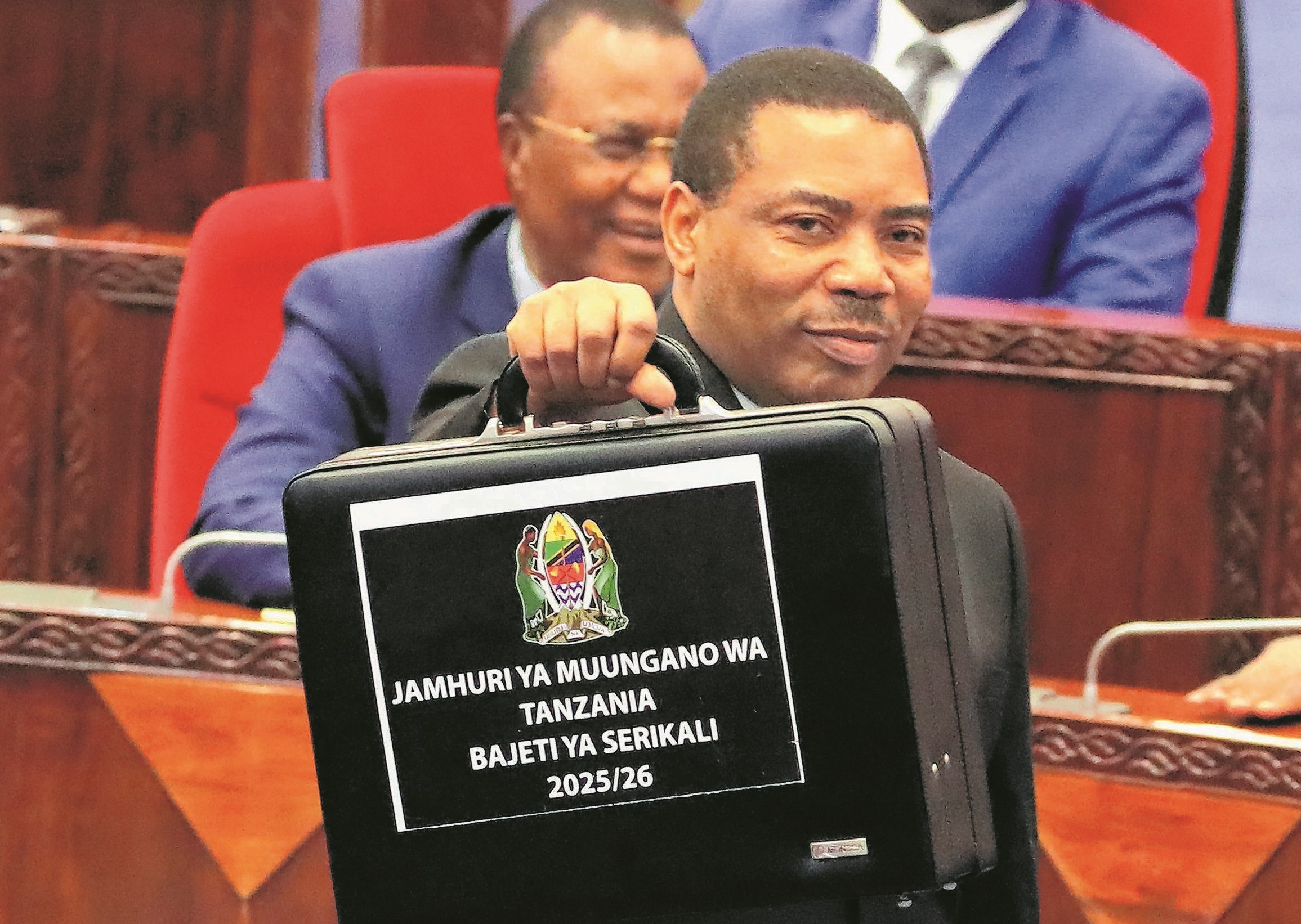
Dar es Salaam. The government’s proposal to introduce a 10 percent withholding tax on retained earnings after six months has sparked concern over its potential impact on business expansion, reinvestment, and the broader investment climate.
Finance Minister, Dr Mwigulu Nchemba, announced the amendment to the Income Tax Act, CAP 332, when tabling the Sh56.49 trillion budget for the 2025/26 financial year.
Speaking in Parliament on Thursday, June 13, 2025, Dr Nchemba said the introduction was part of the government’s efforts to broaden the tax base and enhance domestic revenue collection.
“The measure is expected to increase government revenues by Sh130.62 billion,” Dr Nchemba said.
However, analysts have raised practical and economic concerns, warning that the tax may amount to double taxation and discourage reinvestment.
PricewaterhouseCoopers (PwC) Tanzania’s Partner for Tax and Legal Services, Mr Rishit Shah, highlighted the challenges in the firm’s National Budget Bulletin.
“This change will potentially bring a lot of challenges from a practical perspective,” Mr Shah wrote.
“Retained earnings have various uses, including expanding existing operations. Forcing an entity to declare dividends undermines the flexibility companies need, as dividend declarations are typically optional, not mandatory,” he added.
Mr Shah noted that the proposed tax introduces complications in tracking taxed retained earnings to avoid taxing the same profits again when dividends are eventually paid.
It also raises cash flow concerns, as tax would be payable even if no actual distribution occurs.
He further warned that the proposal could penalise firms reinvesting profits.
“Only 90 percent of retained earnings would be available for use, despite these profits having already been taxed at the 30 percent corporate rate,” he said.
“We await the Finance Bill for the precise legal wording to gain more clarity on this change,” he added.
The proposal has also attracted sharp criticism from political circles, with former ACT-Wazalendo leader Zitto Kabwe taking to social media shortly after the Budget Speech, tagging the Finance Minister and calling the proposal “wrong.”
Mr Kabwe argued that the tax constitutes double taxation: “When a company makes a profit, it pays 30 percent corporate tax. The remaining 70 percent can be retained or paid out as dividends. Taxing retained earnings means taxing the same income twice.”
“This has serious implications for capitalising businesses. The proposal should be scrapped,” he added.
Despite the criticism, PwC noted that the overall budget aligns with the East African Community (EAC) theme: “Inclusive Economic Transformation through Domestic Resource Mobilisation and Resilient Strategic Investment for Job Creation and Improved Livelihoods.”
PwC acknowledged the government’s intent to strengthen domestic resource mobilisation, saying it demonstrates a commitment to financing development priorities internally.
The firm also commended other proposed legal reforms, including changes to the Trade and Service Marks Act, which would empower the Fair Competition Commission (FCC) to oversee trademark recordation.
The move is seen as bringing Tanzania’s intellectual property enforcement framework in line with international best practices.
Additionally, the firm cited the proposed amendment to the Insurance Act that would introduce mandatory travel insurance for all visitors to Tanzania, priced at $44.
PwC noted that the measure aligns with regional trends and aims to strengthen the tourism sector’s resilience, protect visitors, and stimulate growth in the domestic insurance market.
As the business community awaits the full Finance Bill for further details, debate over the retained earnings tax continues to intensify, with stakeholders warning of long-term impacts on investment and economic growth.


